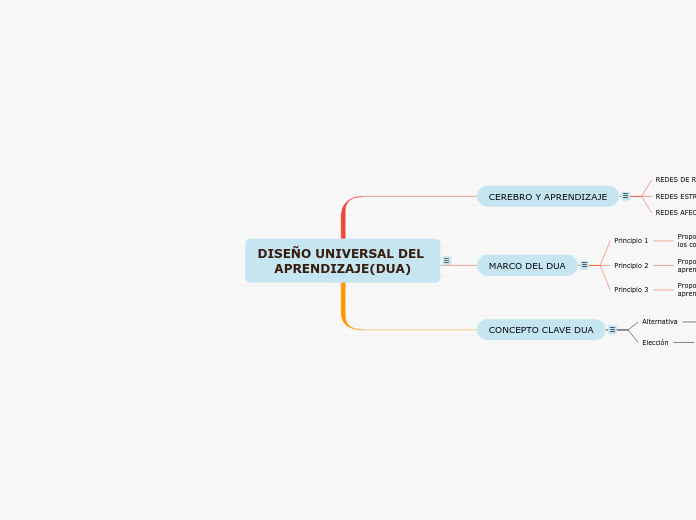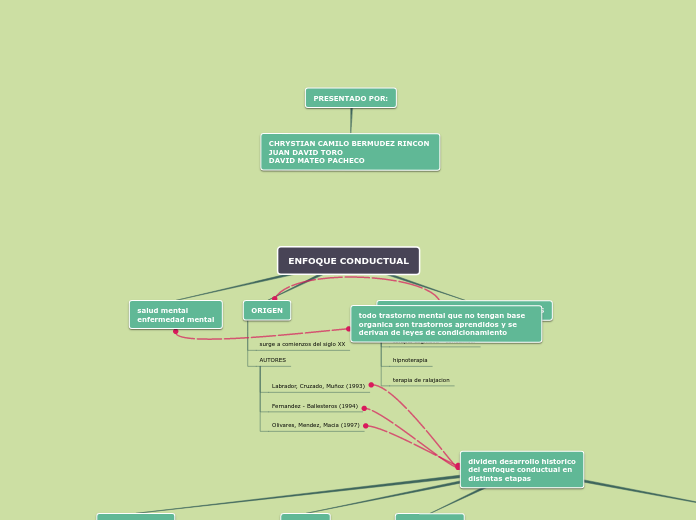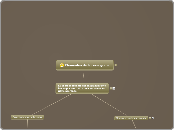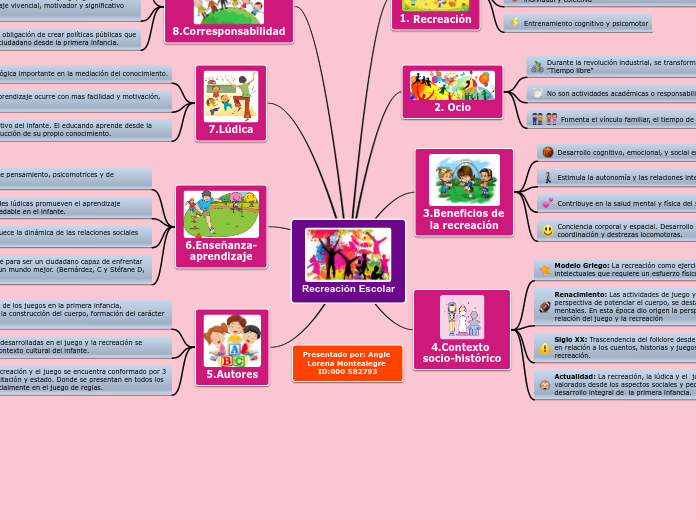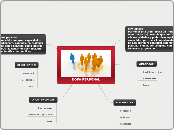DISEÑO UNIVERSAL DEL APRENDIZAJE(DUA)
El Diseño Universal de Aprendizaje es un enfoque didáctico que pretende que cualquier propuesta pueda ser trabajada en las aulas, ofreciendo alternativas que permitan participar y progresar a todo el alumnado.
To name your story, you have to think about the overall message and what you want your audience to understand from the story. Also, make it relevant and easy to remember.
CONCEPTO CLAVE DUA
Diseñamos actividades diferentes para la libre elección de nuestro alumnado
Elección
Posibilidad de escoger libremente la actividad
Alternativa
El DUA pretende ofrecer distintas opciones de cara a eliminar las barreras de participación
MARCO DEL DUA
La identificación de las 3 redes cerebrales junto con la evidencia de la variabilidad interpersonal en el funcionamiento de las mismas sentó las bases sobre las que se construyó el marco del DUA
The middle of the story is where you add layers of complications that will lead to the end. Reveal more about the character's journey. Did their personality go through changes? How did they overcome the challenges? And as you build up the story’s central conflict, make it more personal to that character. Also, from the middle act, you have to lead into the final act.
Principio 3
There wouldn't be any tension and excitement in your story if there weren't any obstacles in your character's way.
Proporcionar múltiples formas de implicación ( el por qué del aprendizaje)
A story is nothing more than a character overcoming a series of difficulties to reach the desired goal. Obstacles usually create suspense and conflict. In overcoming obstacles, there is growth: weak becomes strong; hatred turns into love; sadness into happiness; wrong into right; lies into truth; or evil becomes good.
See a few examples below:
- stopping a meteor
- finding a killer
- finding love
Es el principio que nos permite ilusionarnos
Principio 2
Your character(s) need(s) motivation in order to solve the challenge(s).
Proporcionar múltiples formas de expresión del aprendizaje ( el cómo del aprendizaje)
Secondary characters might also have motives that lead them to cross paths with the main character or which might trigger them to help the main character.
Es el principio que nos permite pensar en un plan
Principio 1
Each story has a main character and that character usually needs to solve a problem or challenge. The character's challenge is the one that creates tension throughout the story.
Proporcionar múltiples formas de representación de los contenidos ( el qué del aprendizaje)
Type in any other challenges which other characters in the story need to face.
Es el principio que nos permite leer, contar y comprender
CEREBRO Y APRENDIZAJE
Nuestro cerebro es tremendamente moldeable por lo que siempre podemos esperar la mejora de nuestros alumnos, algo especialmente importante en aquellos con dificultades de aprendizaje. Disponemos de unas neuronas espejo que se activan cuando realizamos una acción pero también cuando observamos a otros realizarla .Fomentar la inclusión en el aula mediante el aprendizaje cooperativo promueve la adquisición de una gran variedad de competencias básicas para un aprendizaje real.
In the beginning of the story (or the exposition), you will need to introduce the setting and characters. You might also want to introduce the main conflict. This part of the story is important because it gives the reader necessary background information and maybe even a first insight into a character’s personality.
REDES AFECTIVAS
Parte del cerebro que nos hace sentir emociones
Sirve para ilusionarnos, implicarnos y motivarnos
REDES ESTRATÉGICAS
The setting (time & place) of a story can change throughout the plot.
Es la parte del cerebro que prepara un plan
Sensory details include sight, sound, touch, smell, and taste. These details are important because they create depth in your setting.
See a few examples below:
- the smell of fresh bread
- the scent of freshly cut grass
- rain falling onto the windshield etc.
Sirve para que sigamos los pasos de una tarea
REDES DE RECONOCIMIENTO
Characters are essential to a good story. Usually, the protagonist(s) is/are the most affected by the plot. Introduce a character by focusing on their actions, interests, and occupation, as the physical appearance doesn't make a difference in most cases.
Es la parte del cerebro que recibe la información
Type in the name of your character.
Sirve para leer, contar y comprender
Add other properties of the character.
